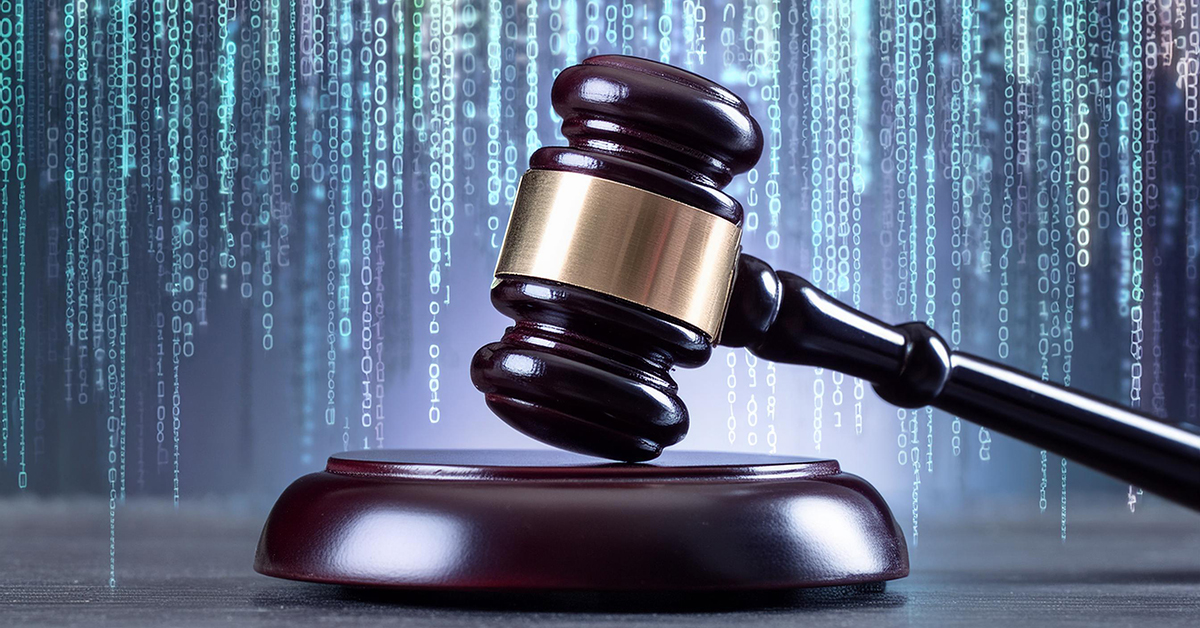By Pankaj Goel | CEO & Co-Founder | Opkey
Originally published on Forbes.com
It’s difficult to write about artificial intelligence (AI) in the software sector without falling into some of the same well-worn conversation points we’ve all been seeing. Yes, these radical innovations are transforming everything from payroll to hiring, but it’s important to examine another angle as we move forward: responsibility and governance.
“Embracing AI governance platforms is not just a matter of compliance; it is a strategic imperative for organizations looking to thrive in the age of AI,” explained Raghunandhan Kuppuswamy, IDC research manager of AI software.
The message he’s conveying, and it’s one I agree with, is that we must not simply do the bare minimum when it comes to AI regulation and compliance. As purveyors and proponents of AI-based technology, corporate leadership teams are responsible for establishing the codes and rulebooks that ensure AI’s impact is beneficial.
I’ve experienced firsthand the questions that arise when implementing AI-enabled tools in Opkey’s field, ERP test automation. We’re seeing huge gains in productivity and development efficiency. But it’s not only about the wins for the product: We must take responsibility not only for what these tools are doing now but also for their potential impact down the line.
In highly complex systems, this takes more than a cursory glance. It’s an ongoing conversation, a way of working and a lens of practical responsibility that leaders must adopt. It’s something that should bring us together across industries, and the conversation needs to include stakeholders from many different standpoints, each bringing a valuable point of view.
So, what are the strategic points of analysis when it comes to AI governance? This is what’s on my mind.
Robust Data Privacy and Security Measures
Protecting user data and maintaining coherent security protocols are foundational to ensuring that AI is a benefit to our systems, not a problem. To do this, I recommend implementing stringent data privacy measures and advanced security mechanisms to protect sensitive information. Make sure to hold your AI systems to the highest standards of data integrity and confidentiality, thereby creating user confidence and trust.
Regulatory Compliance and Proactive Governance
Proactive engagement with regulatory bodies and adherence to evolving AI governance frameworks are crucial. You can achieve this by actively collaborating with industry regulators to ensure your AI systems comply with legal standards, promoting a culture of accountability and safeguarding against misuse. Staying ahead of regulatory changes can allow you to set benchmarks for responsible AI development.
Continuous Monitoring and Transparency
You can’t create these AI-powered tools and let them run amok without monitoring them. Continuous control and transparency in AI operations are essential for maintaining ethical standards and operational excellence. Consider investing in state-of-the-art monitoring tools and processes to proactively track AI performance and address issues. By fostering transparency, you can help stakeholders understand and evaluate your AI’s decision-making processes, enhancing accountability and trust.
There are more angles to this subject – these three merely offer a taste of what we, as leadership teams and developers, should be discussing every day. Let this article therefore be the start of the conversation, not the end.
Whether you’re embarking on an AI program or looking to enhance existing initiatives, CEIR’s AI Innovation Masterclass in September will provide the strategic framework and practical tools needed to thrive in the AI era. Amplify your CEIR Predict takeaways with the AI Innovation Masterclass the day prior! Learn more and register to attend here.
About the Author

Pankaj Goel is Opkey’s Co-Founder, Chief Executive Officer and Executive Chairman of the Board. He founded Opkey in 2016. Previously he served as Co-Founder & Chief Executive Officer of Crestech Software Systems from 2005 to 2015.
The views and opinions expressed by blog authors are those of the authors and do not necessarily reflect the official policy or position of the International Association of Exhibitions and Events®. Any content provided by our bloggers or authors are of their opinion. All content provided on this blog is for informational purposes only. IAEE makes no representations as to the accuracy or completeness of any information on this site or found by following any link on this site. IAEE will not be liable for any errors or omissions in this information nor for the availability of this information.


